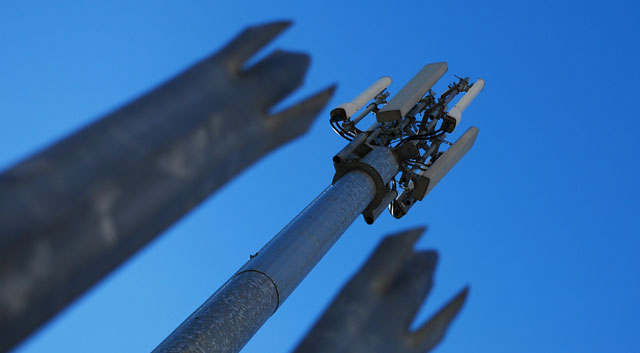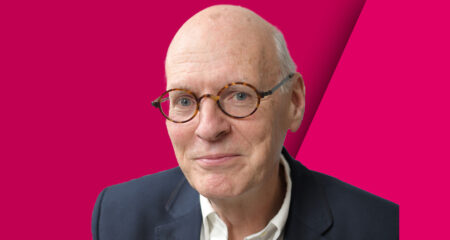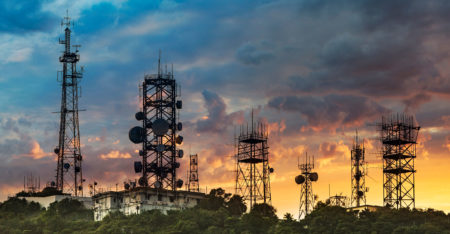
YooMe is a privately held Swiss company that has two African Internet service provider (ISP) businesses, one in Cameroon and the other to open soon in Côte d’Ivoire. Its CEO, Dov Bar Gera, has set up and sold ISPs in Eastern Europe, but his focus now is Africa.
YooMe’s Cameroon operation has deployed WiMax and it claims to have covered 85% of the population in the country’s two main cities, Douala and Yaounde, with 20 base stations. Its main competitors are the two mobile operators, MTN and Orange, and a handful of smaller ISPs.
It has taken significant market share, having about 20 000 of the 50 000 broadband subscribers in the country if you define broadband as 512kbit/s or faster. Overall, Bar Gera estimates that there are probably around a million Cameroonians who use the Internet at least once a week.
But there is a cap on growth as the monopoly international bandwidth provider, Camtel, has not reduced its wholesale prices. “Because of this monopoly, international bandwidth is five to seven times more expansive [than in other more competitive countries].” Obviously, higher wholesale prices lead to more expensive retail prices, which in turn means a smaller market.
YooMee’s next move is to roll out a time-division duplexing long-term evolution (LTE) network in Côte d’Ivoire’s capital, Abidjan. It will launch a network of 35 base stations from Alcatel Lucent in the second half of February, which, according to Bar Gera, will provide “good coverage in populated areas. We will also be looking at the lower income segments.”
He’s quite dismissive of WiMax vs LTE comparisons: “Subscribers don’t care whether it’s WiMax or LTE. They want to know the speed and price of the service. In Côte d’Ivoire, we will be delivering up to 2Mbit/s.” This speed is significantly less than Smile Telecom’s 6Mbit/s service. Prices have not been finalised yet but are likely to be in the US$32-51/month range, which seems competitive.
“LTE is the best choice for YooMee to build wireless broadband networks as it is the latest worldwide standard to offer mobile Internet services, replacing technologies like WiMax,” Bar Gera says.
So, what does he think customers are likely to do with the additional bandwidth? “Right now, there is a clear lack of local content. The majority of the bandwidth used by residential is for YouTube, some free music sites and a little torrenting.
“We will see an increase in grey area downloads through torrents, a major increase in video upload to sites like Facebook, more watching of foreign TV stations, but at the same time an increase in more ‘intelligent’ applications like education MOOCs [massive open online courses].”
Bar Gera is not troubled by the possibility of the mobile operators rolling out LTE. In Cameroon, he’s certainly got a point as the regulator has been one of the slowest to grant 3G licences, let alone 4G ones. In Côte d’Ivoire, he believes it will be another two years at least before a 4G licence is granted.
YooMee wants to roll out networks in other African countries, but will first make sure its new operation in Côte d’Ivoire is working well before expanding.
- Russell Southwood is head of Balancing Act Africa




